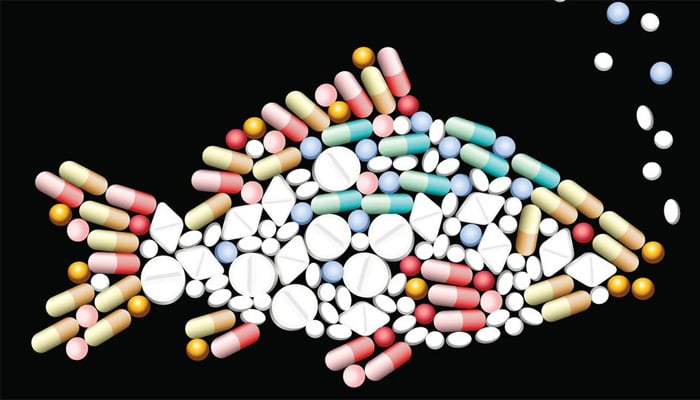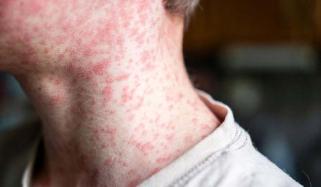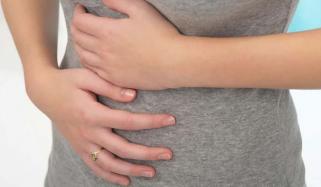
A new study reveals that the production of antidepressants is “altering” the behaviour and reproduction traits of fish, making them act in a weird way.
In the study published in the Journal of Animal Ecology on August 26, conducted by the biologists of Australia’s Monash University’s and Italy’s University of Tuscia, it was discovered that the pharmaceutical pollution created by the production of drugs is damaging the aquatic ecosystem in an unimaginable way.
It also described how the long-term exposure to these pollutants is gradually and dramatically changing the behaviour, life history, and reproduction traits of the fish.
The research stated, “Our results reveal that chronic exposure to global pollutants can affect phenotypic traits at both population and individual levels and even alter individual-level correlations among such traits in a dose-specific manner.”
Carried out over a span of five years, the study investigated exposure of Prozac on wild-caught guppies, which led to the revelation that the drug and damage to the aquatic ecosystem are significantly interconnected.
To stimulate the chronic pollution, the researchers used fluoxetine’s low (31.5 ng/L) and high (316 ng/L) concentration over several generations of male wild-caught guppies, as they are more sensitive to environmental changes as compared to females.
This led to the findings that those guppies that were exposed to low concentrations of the drug showed reduced activity levels and increased refuge-seeking (time spent by fish to go into hiding to protect themselves from potential danger).
Meanwhile, those male guppies who were exposed to high concentrations of fluoxetine had an increased variation in body condition, affecting the sperm production.
Giovanni Polverino, Assistant Professor from the University of Tuscia, stated that "fluoxetine exposure also significantly reduced the behavioural plasticity of guppies, leading to a lower capacity of the individuals to adjust their own activity and risk-taking behaviours across contexts.”















